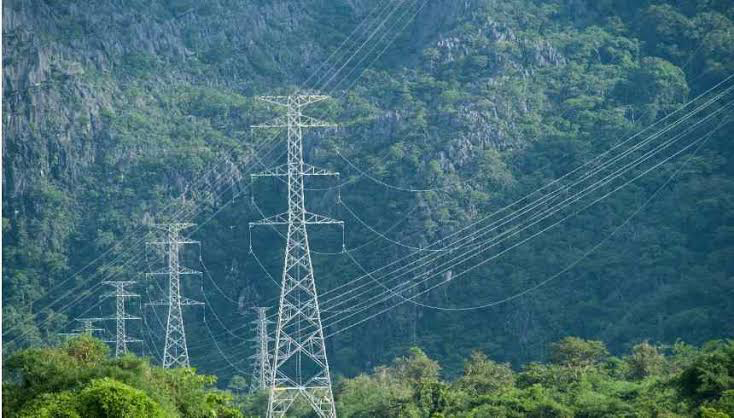407
Guinea finds itself in the grip of an escalating electricity supply crisis, underscoring the urgent need for decisive measures to address the country’s pressing energy challenges. The situation has reached critical levels, prompting concerns over its impact on economic stability, social well-being, and overall development.
The current crisis has its roots in longstanding issues plaguing Guinea’s energy sector, including inadequate infrastructure, poor governance, and chronic underinvestment. As a result, large swathes of the population endure frequent power outages, hindering productivity, disrupting essential services, and exacerbating living conditions.
The severity of the electricity crisis has prompted calls for immediate action from both government officials and civil society groups. There is a growing consensus that comprehensive reforms are needed to modernize Guinea’s energy infrastructure, improve efficiency, and expand access to reliable electricity for all citizens.
Amidst mounting pressure, the Guinean government has pledged to prioritize the energy sector and accelerate efforts to address the underlying causes of the crisis. Plans are underway to invest in new power generation projects, upgrade existing infrastructure, and strengthen institutional capacity to ensure more effective management and oversight.
However, the road ahead remains challenging, with significant obstacles to overcome, including financing constraints, technical hurdles, and political instability. Achieving meaningful progress will require sustained commitment from all stakeholders, including international partners, donors, and the private sector.
Despite the daunting challenges, there are reasons for cautious optimism. Guinea possesses vast untapped potential for renewable energy development, including hydroelectric, solar, and wind power. By harnessing these resources and leveraging innovative technologies, Guinea has the opportunity to transform its energy landscape and chart a more sustainable path forward.
As the country grapples with the electricity crisis, there is an opportunity to catalyze broader efforts towards economic diversification, job creation, and social empowerment. By prioritizing investments in clean energy infrastructure and promoting energy efficiency initiatives, Guinea can lay the foundation for long-term resilience and prosperity.
Source: Africa Energy
The current crisis has its roots in longstanding issues plaguing Guinea’s energy sector, including inadequate infrastructure, poor governance, and chronic underinvestment. As a result, large swathes of the population endure frequent power outages, hindering productivity, disrupting essential services, and exacerbating living conditions.
The severity of the electricity crisis has prompted calls for immediate action from both government officials and civil society groups. There is a growing consensus that comprehensive reforms are needed to modernize Guinea’s energy infrastructure, improve efficiency, and expand access to reliable electricity for all citizens.
Amidst mounting pressure, the Guinean government has pledged to prioritize the energy sector and accelerate efforts to address the underlying causes of the crisis. Plans are underway to invest in new power generation projects, upgrade existing infrastructure, and strengthen institutional capacity to ensure more effective management and oversight.
However, the road ahead remains challenging, with significant obstacles to overcome, including financing constraints, technical hurdles, and political instability. Achieving meaningful progress will require sustained commitment from all stakeholders, including international partners, donors, and the private sector.
Despite the daunting challenges, there are reasons for cautious optimism. Guinea possesses vast untapped potential for renewable energy development, including hydroelectric, solar, and wind power. By harnessing these resources and leveraging innovative technologies, Guinea has the opportunity to transform its energy landscape and chart a more sustainable path forward.
As the country grapples with the electricity crisis, there is an opportunity to catalyze broader efforts towards economic diversification, job creation, and social empowerment. By prioritizing investments in clean energy infrastructure and promoting energy efficiency initiatives, Guinea can lay the foundation for long-term resilience and prosperity.
Source: Africa Energy



